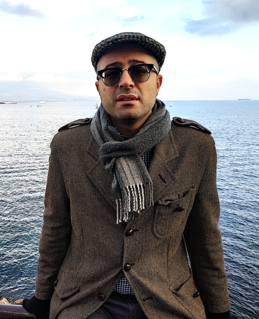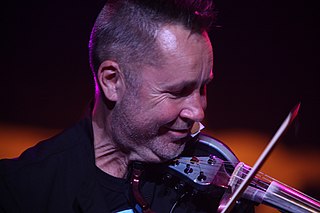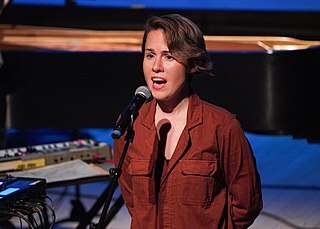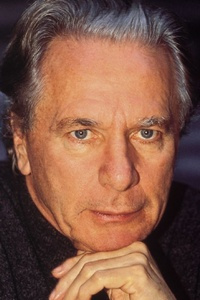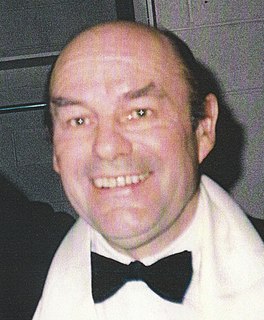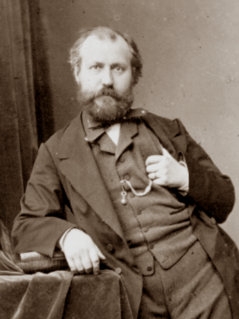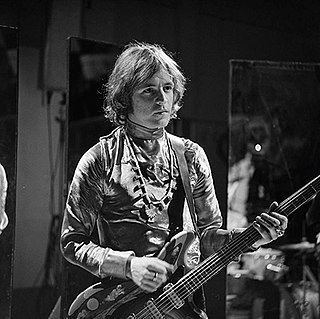A Quote by Mahan Esfahani
And it totally has transformed my relationship with someone like, say, Bach. You know, Bach is born 330 years ago but, you know, gosh, he really is alive.
Related Quotes
One of the tracks that I have is Carl Philipp Emanuel Bach - by the way, that's Bach's second son - Emanuel Bach's variations on "Le Folie." You'll definitely hear - I mean, I think if we listen to, say, the last couple of minutes of that track, there's a wide range of colors that the harpsichord is capable of. And I think, you know, that gives lie to the assumption that it doesn't have that kind of variety. And I think it very much speaks for itself.
Bach, of course, was my first love. He still is. I mean, he's the man of my life, that's for sure. And when I say that there's been a re-evaluation, look, to be perfectly honest, I think I have a re-evaluation of my relationship with Bach probably every day, and that will never stop. And that's probably why I still get up in the morning and I do this.
